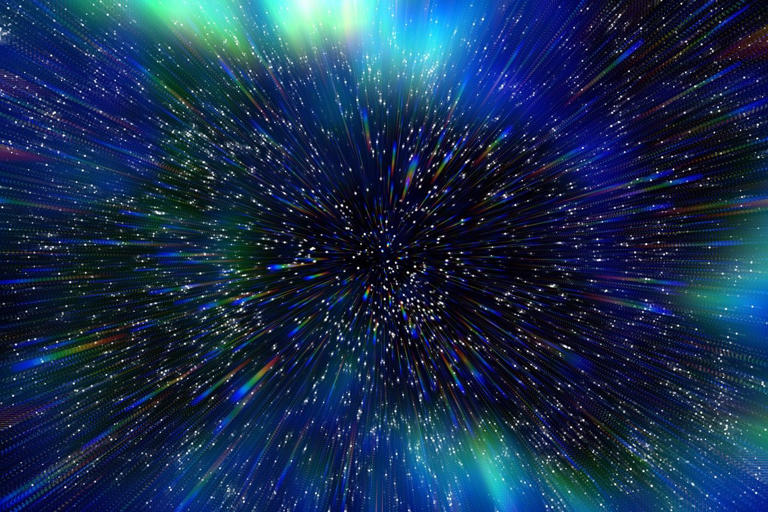- Thread starter
- #141
Bonjour mon ami, yes I have created threads about black holes which is in my opinion the great mystery of the universe.They can be large, as you have already pointed out elsewhere here at USMB.
Follow along with the video below to see how to install our site as a web app on your home screen.
Note: This feature may not be available in some browsers.
Bonjour mon ami, yes I have created threads about black holes which is in my opinion the great mystery of the universe.They can be large, as you have already pointed out elsewhere here at USMB.
Well, the.universe.is amazing. The great mystery is "who made all of this"? Why is there ANYTHING? Wrap your mind aeound that questionBonjour mon ami, yes I have created threads about black holes which is in my opinion the great mystery of the universe.
The idea that the Earth could have formed inside a black hole is an intriguing concept to explore, but it goes against our current understanding of the formation of planets and the nature of black holes. Black holes are regions of spacetime with extremely strong gravitational forces, formed by the collapse of massive stars.Black holes are places in the Universe where gravity is so powerful that it distorts time and surrounding space. Nothing, not even light, can escape from within. However, nothing prevents the Earth itself from being inside a black hole.

Gaurav Khanna, a black hole physicist at the University of Rhode Island, explains the hypothesis that Earth could have formed inside a black hole. "A black hole looks a lot like the Big Bang upside down. Mathematics is similar," says Gaurav Khanna. One theory suggests that the Big Bang could have been initially the singularity of a black hole in a larger parent universe. The singularity would have compressed until a phenomenon would have reversed the trend, creating an "explosion" of space and time: the Big Bang. This would then have generated our Universe while remaining inside the black hole.
This theory, known as Schwarzschild cosmology, suggests that our universe is currently developing inside a black hole that is part of a parent universe. This would imply the existence of universes within universes, such as Russian dolls, and that travel through the horizon of a black hole could open up another universe.
Scott Field, an associate professor of mathematics at the University of Massachusetts Dartmouth, believes that if Earth is inside a black hole, it must be extremely large. If the Earth existed in a "small" black hole, we would notice effects like tidal forces and the slowing down of time.
From inside a black hole large enough, it would be impossible for us to know that there is another parent universe, according to Gaurav Khanna. We would be unaware of its existence.
Link in French
On a par with Flat Earth . For half wits
Just my opinion, it would seem unlikely.
.String theorists would disagree with you.
Link?.
Not the ones who have moved on and realized they wasted a lot of time on string theory.